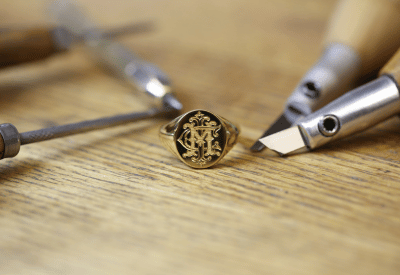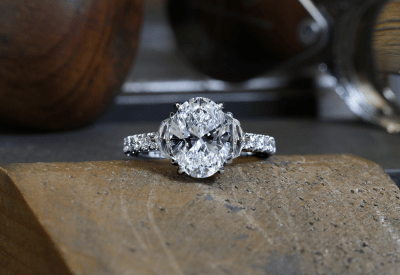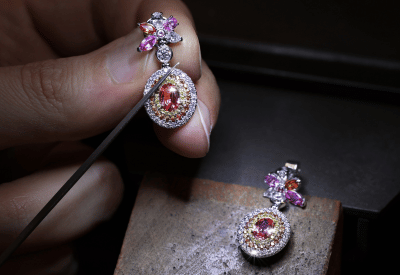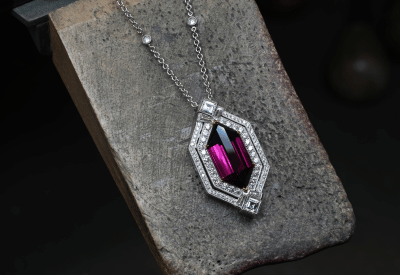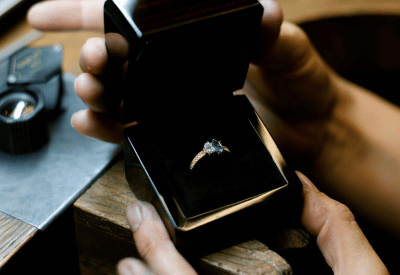Are you and your partner wanting a church wedding? Can gay couples marry in the church? The answer is yes, you can, as well as no, you can’t. We explain how it works. This is the guide to same-sex church weddings in Australia." When the right for same-sex couples to marry in Australia was passed into law on December 9, 2017, the news was met with tears of joy. And when the first couples married on January 9 this year a dream became reality. Hand-lettered invitations and wedding favours are all part of the fun, but marriage is a legally binding contract and it can be confusing to know where to go from here, especially for couples wanting a same-sex church wedding.

Are Same-Sex Church Weddings legalised?
It’s important to remember that while the legislation regarding same-sex marriage has changed, churches and other religious organisations do not have to perform a same-sex church wedding if they don’t want to. Canonical, or church, law may change in the future, but for now it’s very much on a case by case basis. Same-sex couples may be married in a Uniting Church by a celebrant or a Minister. However, Ministers will not be compelled to marry a same-sex couple if it goes against their personal understanding of marriage. Paddington Uniting Church supports same-sex marriage and is a popular wedding venue due to its location in Sydney. Neutral Bay Uniting Church encourages same-sex couples to find a celebrant who can marry them in the church, as does Adelaide’s Church of the Trinity. The Anglican Church does not anticipate any changes to canonical law allowing same-sex church weddings. Some ministers have been critical of the church’s conservative stance. Reverend Andrew Sempell and Reverend John Stewart of St James in Sydney’s CBD welcome same-sex couples who would like a church wedding. This historic church is the oldest existing building in the CBD and has been listed as one of the world’s 80 greatest man-made treasures.
The laws around same-sex marriage for Celebrants
The laws regarding celebrants have also changed. They now must read a new monitum - the statement explaining the nature of marriage. Rather than the “union of a man and a woman”, the statement is now the “union of two people”. Further, couples may now refer to each other as spouse, rather than “husband” or “wife” during the ceremony if they prefer. There will also now be two types of celebrants. Religious celebrants may refuse to conduct a marriage ceremony if it’s against their religious beliefs. Celebrants had 90 days from December 9 to declare themselves a religious marriage celebrant. Anyone who becomes a celebrant after December 9 will automatically be a civil celebrant and will not be able to refuse to marry a same-sex couple. Whatever you choose for your wedding, the most important aspect is that you will be surrounded by family and friends who love and support you. Making this public, and legally binding, declaration of your love and commitment is a moment that will always remain significant, whether you are in a church or not. We wish you every joy on your wedding day. (Updated February 10, 2019)
Discover our equality wedding rings






